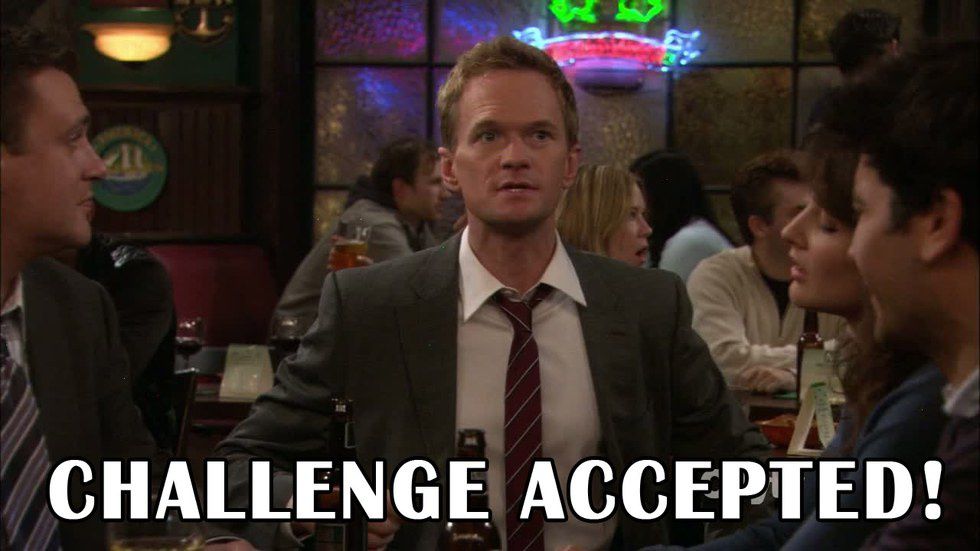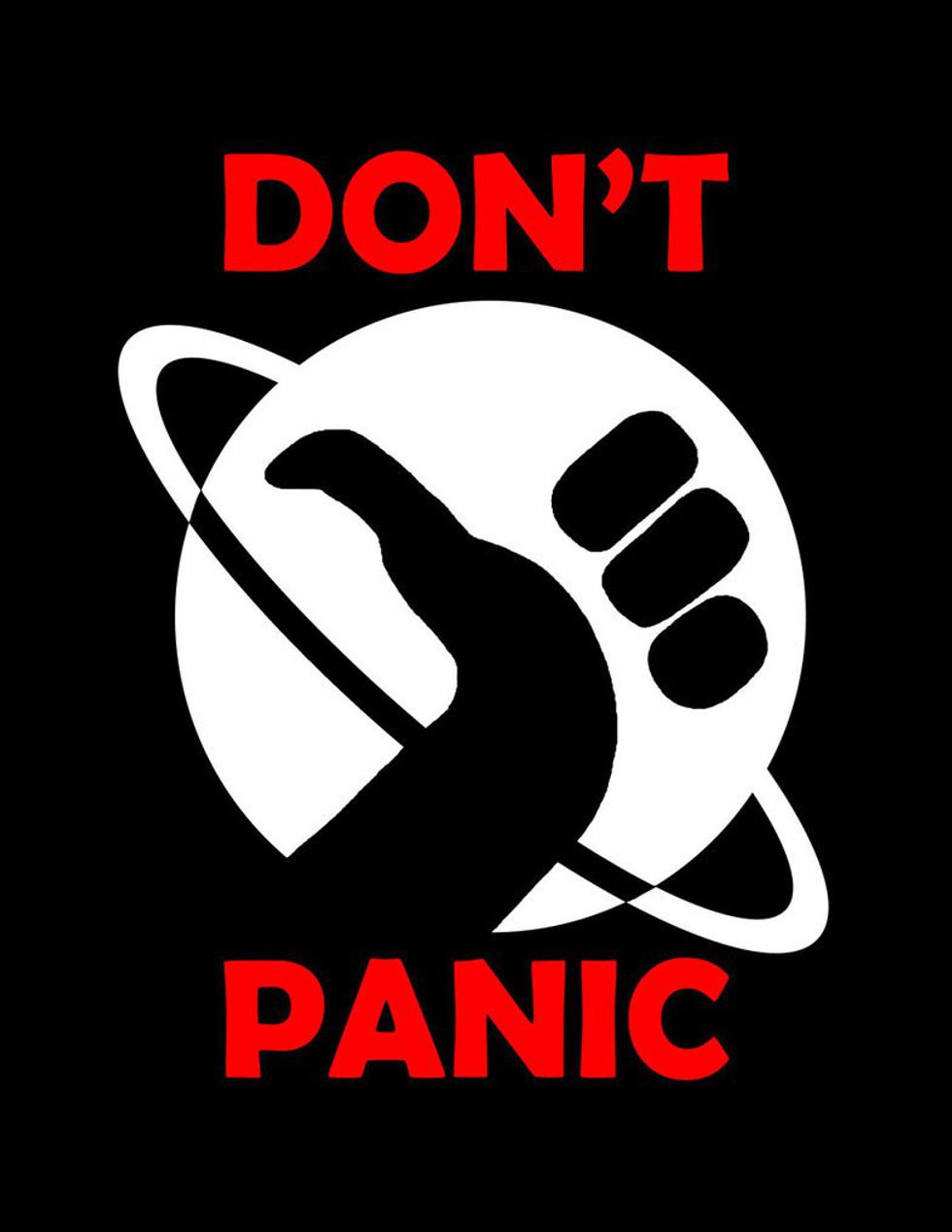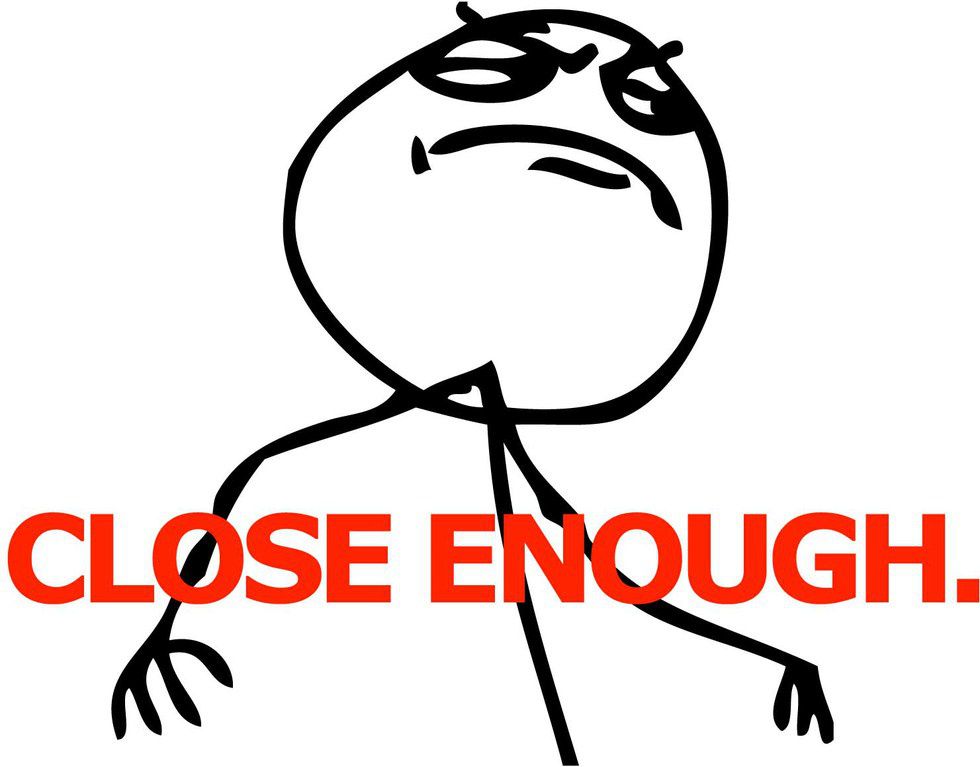You might expect I’m about to talk to you about dirty diapers, sleepless nights, and tiny baby sneakers.
I’m not. I’m here to persuade you to take action against violence of all kinds and to remind you of the preciousness of everyone you encounter. I’m here to remind you that all of the somebodies you sit with in class, work with, or drive past are a mother’s beloved child. Someone grew that life in their body for approximately nine months and labored it into the world either through their vagina or through major abdominal surgery.
This semester, I’m completing my foreign language requirement by taking a fascinating class on German post-war literature. Having the opportunity to study university-level post-war German literature when you are a parent has been life-changing. If you are a parent, I am sure you can relate to my elevated feelings of horror. Even if you are not a parent, I hope I can persuade you to see loss of life from my perspective as a young and relatively new mother.
Most people from our generation studied World War II in high school, myself included. I thought I was able to grasp some level of the inhumanity then. Like most people, I’ve wished for world peace in a vague, “not that I’ll ever see it happen” sort of way. I feel incredibly grateful to our military for defending our safety, but I have long wished we lived in a world where those people didn’t have to risk their lives.
Yet somehow, learning about the devastating effects of World War II for people in the concentration camps and for victims of the civilian bombings is hitting me even harder this time around. Becoming a parent has irreversibly altered my perspective on violence: specifically war. I found myself fighting back sobs watching a trummerfilm, or “film of rubble” about life in post-war East Berlin in class last week. I kept seeing my own child, my own husband, and myself in place of the characters.
Today, the material was even more devastating. My professor assigned “On the Natural History of Destruction” by W.G. Sebald, which speaks of the collective amnesia of the German people after the civilian bombings of World War II. The effects of the bombings on civilians in Germany were so indescribably devastating that the survivors had to forget or risk insanity. I highly recommend giving the essay a read. You can find it for free here. At one point, there is a description of a mother attempting to bring her small child’s charred body on the train with her in a suitcase. While the mother is described as half-deranged (who wouldn’t be?), I could only see myself trying to carry my son’s burned body out of a demolished, unrecognizable city in a final act of protecting my child. In other words, it struck me that as human beings we are all that mother.
Lest we try to participate in the collective amnesia surrounding post-war Germany by characterizing ourselves as somehow “past” the devastating violence of World War II or “different” from our ancestors, please keep in mind that the United States has dropped more than 20,000 missiles since the bombing campaign against ISIS began in 2014. I do not know the solutions, but I know innocent children never deserve to die and mothers should never have to cradle their dead children. If we need to sacrifice civilians to get to the true perpetrators, we had better get moving toward a better solution because the current solution is unacceptable. I am no military strategist. I do not have all the answers. I am just a mother who carried a baby for 41 weeks and then birthed him, and I would rather die than have him die. Thinking of the unfathomable, senseless pain other mothers are experiencing daily makes me want to vomit. It also ignites a good kind of fire in me.
We are the future. Let’s get onto thinking and doing. We can start now whether we are freshmen, seniors, or graduates. We can begin to view each individual as someone’s precious child. We can apply ourselves to our studies and become the decision makers of tomorrow whether we are political scientists, doctors, teachers, or creators. We all can listen to marginalized groups in our society, hear them out, and support their voices. We can inspire people to examine themselves and appreciate the fragility of life. We can become self-aware and resist our inclinations to become numb to the horrors others face on a daily basis. We can use our devastation and our compassion as fuel for a new, life-giving fire.
We are all precious.
























